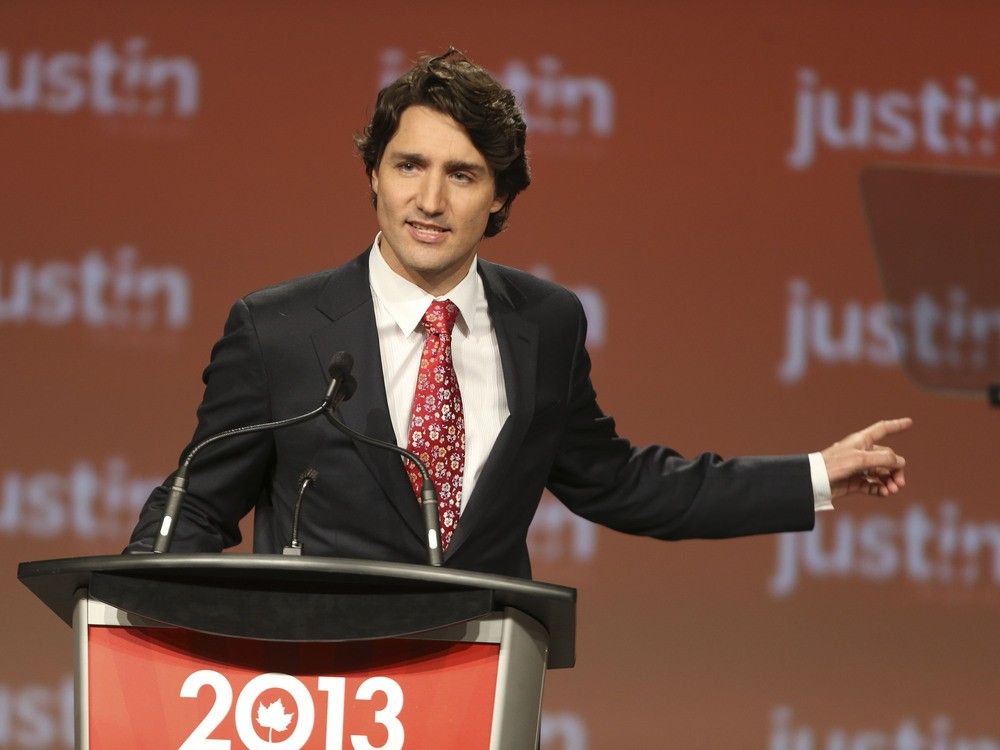In 2023, the Canadian government announced measures for Iranians in Canada to prolong their stay and committed to "helping Iranian families stay together." One expert says the program is deeply flawed
Published Dec 27, 2024 • Last updated 0 minutes ago • 5 minute read

Seven-year-old Afra had her first Christmas tree this year. She and mother Mina Esteghamat learned together about stockings and decorations and the way a freshly cut fir tree smells indoors.
They are also learning about the pain that loneliness and separation brings.
Afra’s father, Amirfarhang Mirzaee, is still in Iran, unable to join his family here despite Canada’s well-advertised policy of family reunification.
Advertisement 2
THIS CONTENT IS RESERVED FOR SUBSCRIBERS ONLY
Subscribe now to read the latest news in your city and across Canada.
- Unlimited online access to articles from across Canada with one account.
- Get exclusive access to the Vancouver Sun ePaper, an electronic replica of the print edition that you can share, download and comment on.
- Enjoy insights and behind-the-scenes analysis from our award-winning journalists.
- Support local journalists and the next generation of journalists.
- Daily puzzles including the New York Times Crossword.
SUBSCRIBE TO UNLOCK MORE ARTICLES
Subscribe now to read the latest news in your city and across Canada.
- Unlimited online access to articles from across Canada with one account.
- Get exclusive access to the Vancouver Sun ePaper, an electronic replica of the print edition that you can share, download and comment on.
- Enjoy insights and behind-the-scenes analysis from our award-winning journalists.
- Support local journalists and the next generation of journalists.
- Daily puzzles including the New York Times Crossword.
REGISTER / SIGN IN TO UNLOCK MORE ARTICLES
Create an account or sign in to continue with your reading experience.
- Access articles from across Canada with one account.
- Share your thoughts and join the conversation in the comments.
- Enjoy additional articles per month.
- Get email updates from your favourite authors.
THIS ARTICLE IS FREE TO READ REGISTER TO UNLOCK.
Create an account or sign in to continue with your reading experience.
- Access articles from across Canada with one account
- Share your thoughts and join the conversation in the comments
- Enjoy additional articles per month
- Get email updates from your favourite authors
Sign In or Create an Account
or
Article content
Canada opened its arms to Iranians after a young Kurdish-Iranian woman, Mahsa Amini, died after being detained by Iran’s “morality police” in 2022 for not properly wearing her hijab.
In early 2023, Canada announced new measures so Iranians already in Canada could extend their stays, and eased the criteria for open work permits that create a pathway for temporary residents to earn permanent residency.
Those public commitments helped convince Esteghamat Canada was the right place for their family.
She arrived with her daughter in February 2024 under Canada’s temporary resident visa program. The new measures allowed her to get an open work permit.
Mirzaee would stay in Iran so he could financially support the family here, until Esteghamat got work.
It was a leap of faith and hope.
“I want my daughter to be free,” said Esteghamat, who grew emotional as she recalled the violent crackdown by the Iranian regime on public dissent and the Woman Life Freedom movement after Amini’s death.
Esteghamat, an environmental scientist with a PhD in agroforestry, was director of the Center for Conservation and Development of Sustainable Ecosystems, or ZIPAK, in Iran.
By signing up you consent to receive the above newsletter from Postmedia Network Inc.
Article content
Advertisement 3
Article content
She had travelled to more than 30 countries working in natural resource management, and was a key figure establishing the UNESCO-recognized Kopet Dag biosphere, an ecological reserve in Iran, in 2018.
Unfortunately, her work and international travel drew negative attention from the Iranian regime.
In 2022, the Iranian government shut down ZIPAK.
“Environmentalists in Iran face harassment, prison and exile,” said Richard Pearshouse, director of the environmental division of Human Rights Watch.
Amnesty International has also noted that conservationists in Iran face torture, unfair trials on fabricated charges, and prolonged arbitrary detention.
“Lots of my colleagues are in jail, a few have been killed,” said Esteghamat.
The federal government’s announcement of special measures for Iranians in Canada to prolong their stay and commitment “to helping Iranian families stay together” made coming Canada seem like the right decision.
Mostly, they were thinking about Afra’s future.
“Afra means ‘maple’ in Persian,” said Esteghamat.
She chose the name because of the Persian maple trees that inspired her love of nature.
Advertisement 4
Article content
Maples in Persia are different than Canadian maples, but both grow tall and strong from seeds that migrate, some across deserts, others across mountains.
Afra started elementary school locally with no English, and feels great anxiety about being separated from her father.
The transition has been even more difficult for Esteghamat, who was recovering from breast cancer and a double mastectomy before she arrived.
The plan was straightforward: she would find work, and her husband, who also works in resource management, would follow. At no time would they rely on public funds in Canada.
“We thought that it wouldn’t be difficult. We had both worked around the world,” said Esteghamat.
Then it became complicated.
Her husband applied three times for a temporary visa and was rejected. Immigration, Refugees and Citizenship Canada cited “insufficient ties to Iran” and “lack of a strong purpose for the visit.”
The third application included a letter from Afra’s teacher, highlighting her need for her father, and a letter from Esteghamat’s oncologist, citing her need for her husband’s support, as well as robust financial documentation.
Advertisement 5
Article content
Esteghamat reapplied for her husband a fourth time, under the open work permit program, but has been told it could take up to nine months to get an answer.
She worries her husband’s application could be left unfulfilled as Canada walks back its immigration targets.
Despite her achievements globally, she has been unable to get a job, or even an interview, in the Lower Mainland.
Her health and spirits are flagging.
“This has impacted my daughter’s well-being, my post-cancer recovery, and our future.”
Mohsen Javdani, an associate professor in economics at SFU, said the program for Iranians was “misguided and ill-designed” and the government’s family reunification commitments are misleading.
“Unfortunately, this story is not surprising. I’ve spoken to numerous people trying to take advantage of this policy to come to Canada from Iran and themselves in difficult conditions.
“The public justification was that it was a humanitarian response to the tragic situation in Iran, designed to provide open work permits for those who were here and feared repercussions if they went back to Iran.”
Advertisement 6
Article content
Javdani said the program offered Iranians in vulnerable situations a beacon of hope, but no clear path to citizenship, had no infrastructure to ensure fair and equitable access, and no supports for entering the workforce.
Javdani said the program was strategically designed to attract large numbers of Iranians — he believes it could be tens of thousands — to Canada who would bring large sums of money, and, out of desperation, accept low-paying jobs at at a time when the country was facing “deteriorating economic conditions” post-pandemic.
Families such as Esteghamat’s have been left separated at a time when public attitudes toward immigration are at an all-time low, and Canada is winding down its immigration targets.
“Responses are intentionally vague when they reject these applications. This leaves people in difficult conditions, broken families, and family members are stuck back in Iran,” said Javdani, who has filed an Freedom Of Information request to uncover how many Iranians arrived under the program.
Immigration, Refugees and Citizenship Canada said it could not reply to Postmedia’s questions by deadline, but said it was looking into the matter.
When Afra feels anxious, Esteghamat comforts her. And sometimes, when Esteghamat is overcome by emotion, Afra comforts her.
“Sometimes I feel like I am 7, and she is 46,” said Esteghamat.
“We remain steadfast in our hope that our story will resonate with decision-makers and underscore the importance of consistent, fair and humane immigration policies”
Recommended from Editorial
-

Canada's immigration reductions have led to 'devastating' cuts to literacy programs, B.C. advocates say
-

This young Syrian-Canadian loves his adoptive country but is eager to return to help Syria rebuild
Article content
.png)
 1 week ago
15
1 week ago
15




































 Bengali (BD) ·
Bengali (BD) ·  English (US) ·
English (US) ·